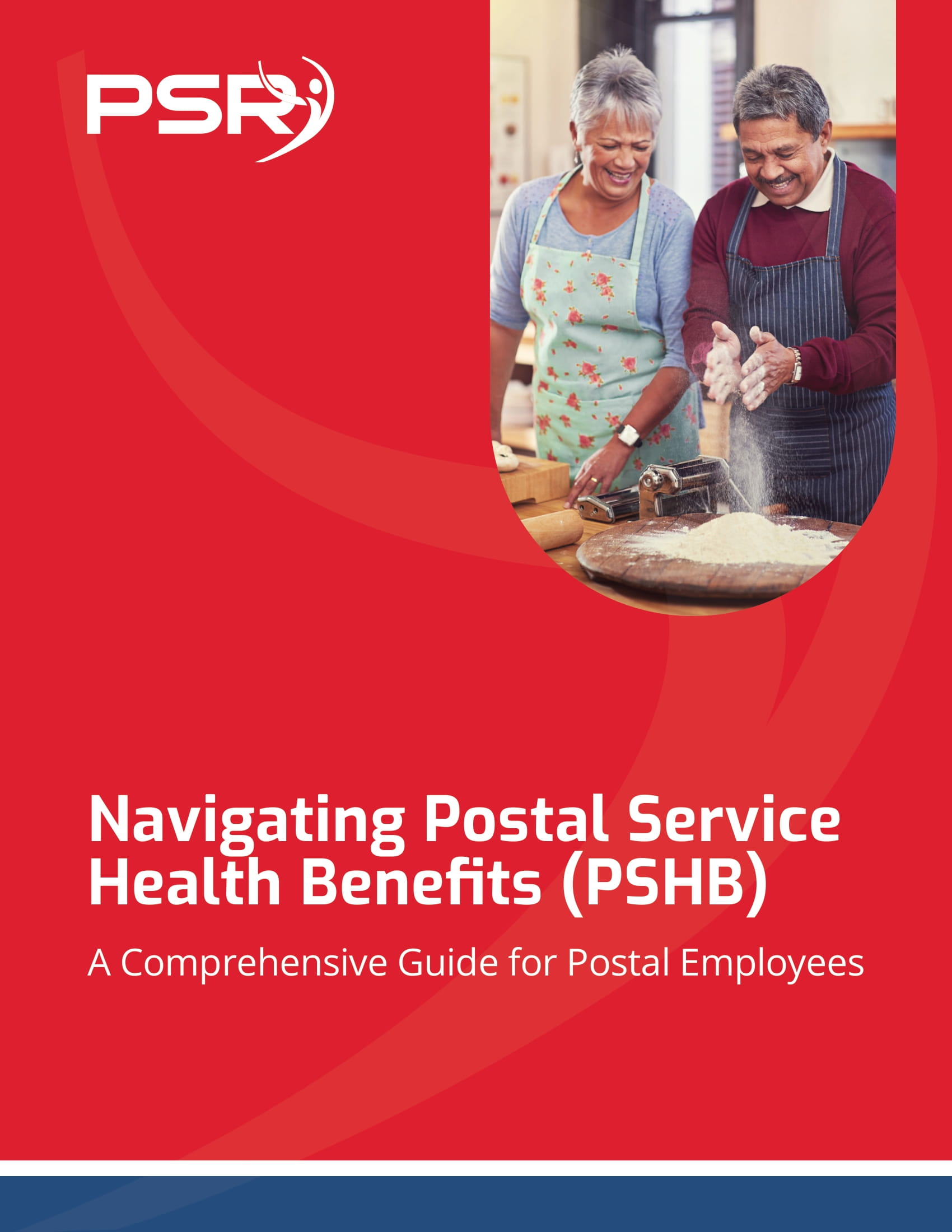In June, the Supreme Court maintained a 2005 rule that reduced the additional Medicare payments hospitals receive for seeing a higher proportion of low-income patients.
Because of the ruling, some providers would not be able to recover the higher expenses they claim to incur in caring for low-income patients.
The court ruled in a divided judgment (5-4) that the Department of Health and Human Services regulation is compatible with the text, context, and structure of the DSH regulations. The court decided that those “entitled to Medicare Part A benefits” include all those eligible for the program regardless of whether they receive Medicare payments for all or part of a hospital stay.
The disproportionate share of hospital (DSH) adjustments and additional annual payments are determined following the Medicare Act by the Department of Health and Human Services.
The method is based on adding two percentages: the portions of Medicare and Medicaid. The proportion of hospital patients eligible for Medicare Part A and Supplemental Security Income is known as the Medicare Fraction (SSI), while the proportion of a hospital’s patients who qualify for Medicaid but not Medicare Part A, which pays for inpatient hospital stays, is known as the Medicaid fraction.
By altering the meaning of one phrase, the HHS modified how the Medicare fraction is computed in its rule. According to the statement, patients “entitled” to Medicare Part A are those who are “eligible” for the benefits. However, it preserved its strict definition of patients who are “entitled” to SSI, which requires that they actually get SSI benefits.
As a result, fewer people qualified for Medicaid under the Medicaid percentage, and few of those excluded did so under the Medicare percentage.
In their judgment, the supreme court justices stated that the methodology “accords with the statute’s intention to capture, through two separate metrics, two different portions of a hospital’s low-income patient group.”
According to the Empire Health Foundation, hospitals suddenly saw their Medicare and Medicaid fractions decline. This Washington-based health system challenged the regulation, even though there was no change in the number of low-income patients they were serving.
According to Empire Health’s brief to the court, undercounting the number of indigent patients those hospitals serve, the rule drastically reduces both the number of hospitals getting DSH payments and the payment amounts.
A ‘Term of Art’
Empire tried to convince the judges that having an “absolute right” to get something meant you were “entitled” to it. However, the ruling stated that “entitled to benefits” is fundamentally a term of art that means “qualified for benefits” throughout the Medicare Act.
HHS had contended that its interpretation represented the best, most logical interpretation of the Medicare Act’s legislative wording.
In its petition to the justices, the agency stated that “other provisions of the statute confirm, as HHS has long recognized, that a Medicare beneficiary’s ‘entitlement’ to Part A benefits does not depend on whether they have used up the maximum allotment of one particular benefit (hospital inpatient days) for a specific benefit period.”
In November, the complex Medicare Act left the justices worn out and perplexed at an oral argument. After describing the case’s history, Justice Elena Kagan bowed to its complexity in the majority judgment. Kagan said that the statute is a “mouthful,” adding that with that knowledge under your belt, you “may be ready to assimilate the relevant legislative wording” (but don’t bet on it).
Despite “working very hard to discover ways to control Medicare costs in light of escalating Medicare expenditures and the country’s fiscal predicament,” HHS’s new interpretation of the law is erroneous. Justices Samuel Alito, Brett Kavanaugh, Neil Gorsuch, and Chief Justice John Roberts expressed their disagreement.
“HHS’s opposing view states that a patient can be eligible and ineligible to receive reimbursement from Medicare for a specific day spent in the hospital.” That view is flawed, according to Kavanaugh.
Today, we endorse HHS’s view of the Medicare percentage, adding that HHS’s regulation accurately construes the statutory text at issue.”
The case was keenly studied for the possibility that the conservative wing would use the opportunity to limit the authority of executive agencies; thus, it is noteworthy that the court chose not to do so.
Contact Information:
Email: [email protected]
Phone: 8139269909
Bio:
For over 30-years Joe Carreno of The Retirement Advantage has been a Federal Employee Retirement System specialist (FERS) as well as a Florida Retirement System specialist (FRS) independent advocate. An affiliate of PSRE (Public Sector Retirement Educators), a Federal Contractor & Registered Vendor to the Federal Government, also an affiliate of TSP Withdrawal Consultants.
We will help you understand your FERS & FRS Benefits, TSP & Florida D.R.O.P. withdrawal options in detail while recognizing & maximizing all concurrent alternatives available.
Our primary goal is to guide you into retirement with no regrets; safe, predictable, stable, for life. We look forward to visiting with you.
Disclosure:
Not affiliated with the U.S. Federal Government, the State of Florida, or any government agency. The firm is not engaged in the practice of law or accounting. Always consult an attorney or tax professional regarding your specific legal or tax situation. Although we make great efforts to ensure the accuracy of the information contained herein we cannot guarantee all information is correct. Any comments regarding guarantees, safe and secure investments & guaranteed income streams or similar refer only to fixed insurance and annuity products. Fixed insurance and annuity product guarantees are subject to the claimsâ€paying ability of the issuing company. Annuities are long-term products of the insurance industry designed for retirement income. They contain some limitations, including possible withdrawal charges and a market value adjustment that could affect contract values. Annuities are not FDIC insured.












